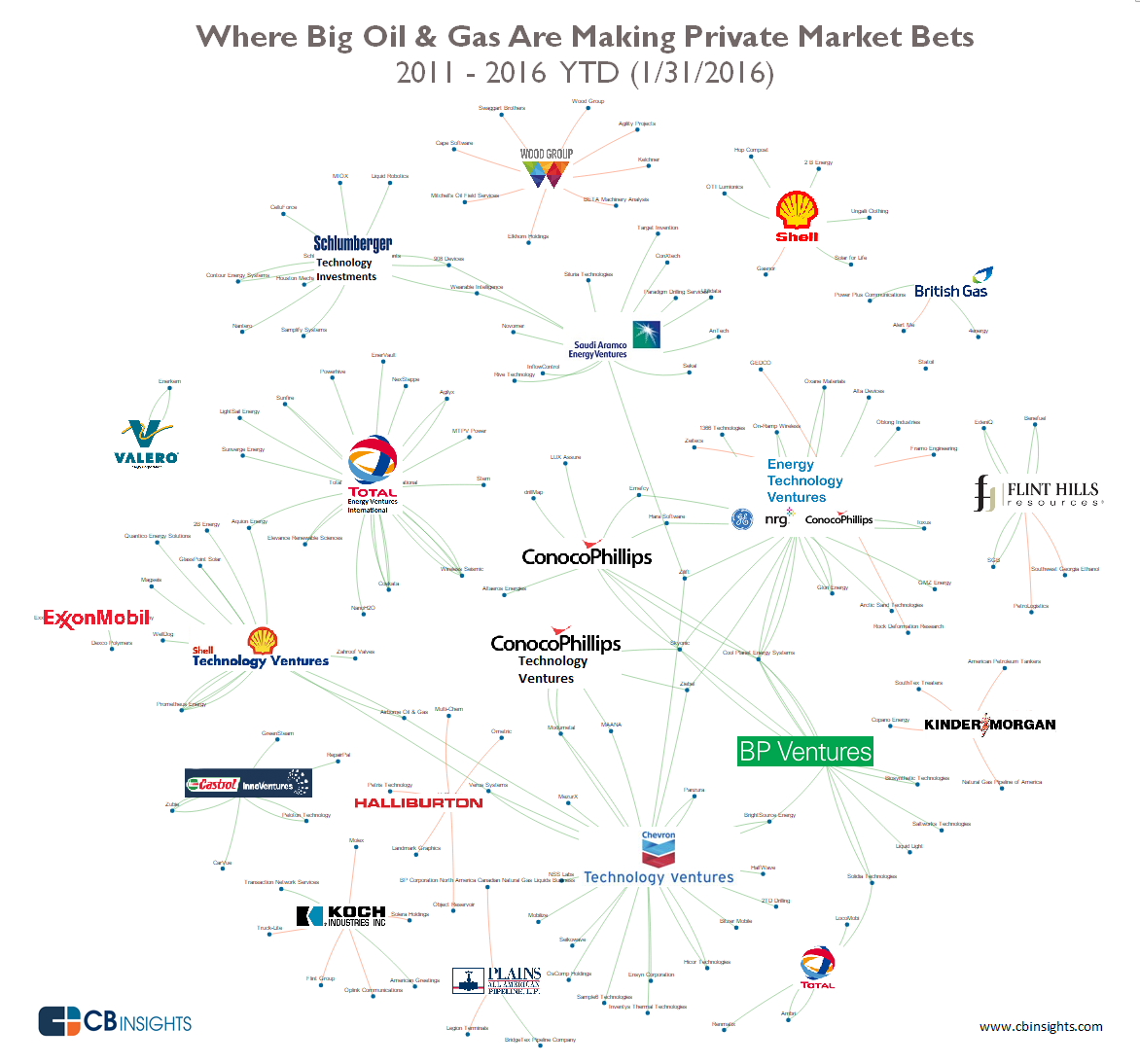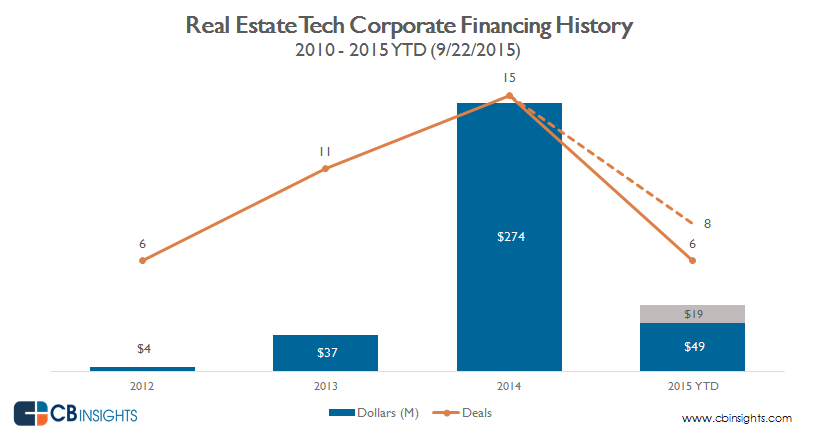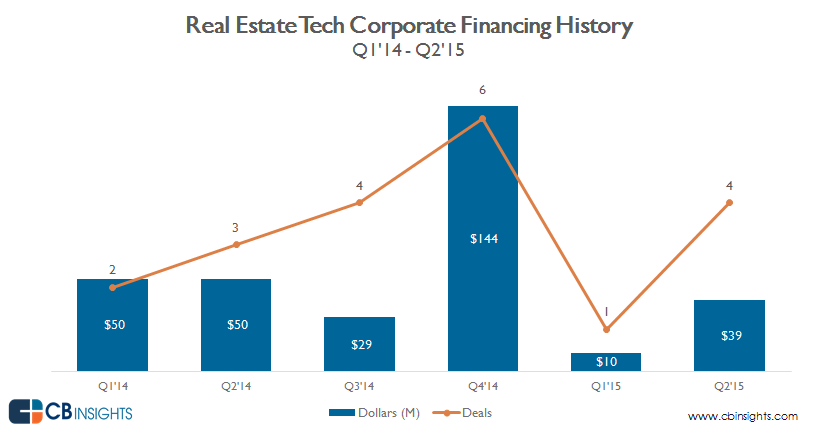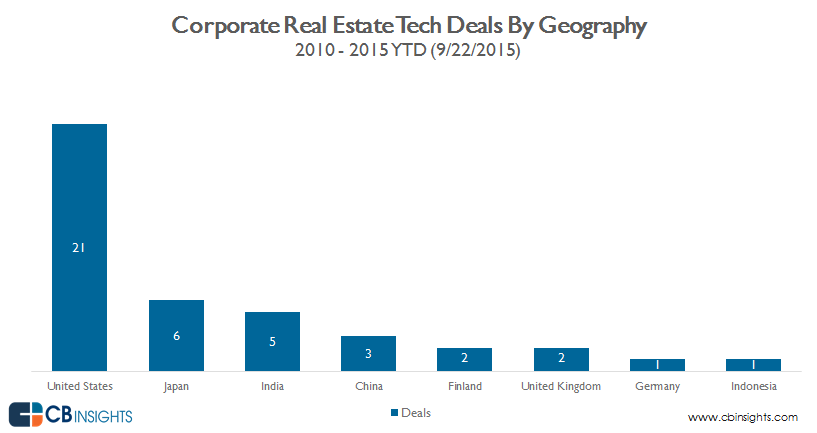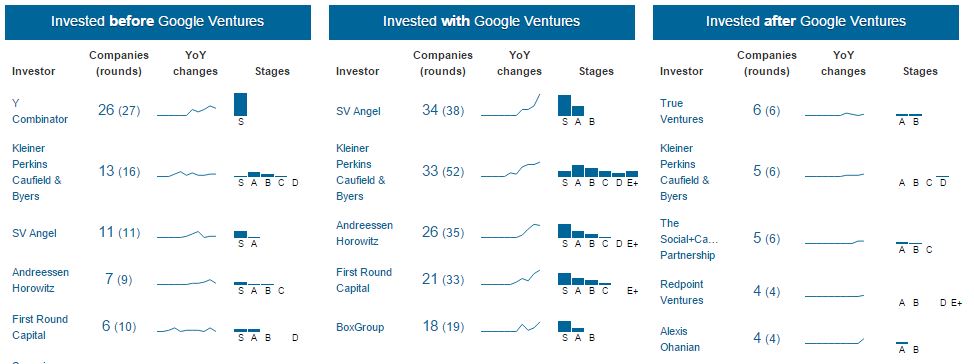With the price of crude oil falling to a once-unthinkable $27 per barrel, the future of the oil and gas industry has been thrown into uncertainty, and scores of firms have suffered bankruptcies.
Over the last few years, oil and gas giants have not shied away from investing in private companies innovating in diverse areas including cleantech, biofuels, battery tech, wearables, connected fleets, seismic technology, big data, carbon sequestration, and chemicals. Today, innovation can only be more top of mind for the legacy energy giants as they weather the current oil price downturn.
We used CB Insights’ Business Social Graph, which shows how top investors and target companies are related, in order to analyze where some of the top oil and gas companies are striking deals.
Specifically, we analyzed the investment activity of the following 24 corporations and corporate venture arms:
- Chevron Technology Ventures
- Shell Technology Ventures
- Total Energy Ventures International
- Energy Technology Ventures (a joint venture involving General Electric, NRG Energy, and ConocoPhillips)
- Schlumberger Technology Investments
- BP Ventures
- Saudi Aramco Energy Ventures
- ConocoPhillips
- Royal Dutch Shell
- Total
- Flint Hills Resources
- Valero Energy Corp
- Schlumberger
- Koch Industries
- Halliburton
- Wood Group
- Castrol innoVentures
- Kinder Morgan Energy Partners
- ConocoPhillips Technology Ventures
- Statoil
- Plains All American Pipeline
- ExxonMobil Research and Engineering Company
- British Gas
Investments in the graph below are connected by green lines, acquisitions by orange lines.
Click on the graph to enlarge.
Some interesting takeaways from analyzing the graph above:
- Chevron Technology Ventures is by far the most active corporate investor with 110 investments overall. Recent venture investments were diverse and included Airborne Oil & Gas (deepwater pipe solutions), Ensyn Corporation (cell-based biofuels), NSS Labs(cybersecurity), Modumental (high-performance alloys), and MAANA (big data for heavy industry).
- For the most part, oil and gas corporates haven’t touched Silicon Valley-type software or Internet of Things startups. However, several big data platforms, some focused on the energy sector, have attracted their investments. Examples here include Quantico Energy Solutions (Shell, Statoil), MAANA (ConocoPhilips’ and Chevron’s venture arms), WellDog (Shell Technology Ventures), Veros Systems (Shell and Chevron’s venture arms), Utilidata (Saudi Aramco), and Sekal (Statoil, Saudi Aramco). Otherwise, most investments fell into cleantech or other categories more closely related to energy.
- A majority of the corporates in our study invested in biofuels or alternative energy production. A few experimental investments in this area included Cool Planet Energy Systems (biofuels), Prometheus Energy (hydrogen fuel cells), Agilyx (synthetic plastics to crude oil conversion), and Emefcy (wastewater energy harnessing).
- Many portfolios included at least one strictly oil and gas-focused company that could offer strategic value to their core business. Saudi Aramco Energy Ventures, for example, invested in InflowControl, a Norwegian company focused on advanced oil control valves. And among Total Energy Ventures’ numerous cleantech portfolio companies wasWireless Seismic, which works on seismic surveying data collection.
- Oilfield services and downstream companies (refineries, storage, transportation, petroleum derivatives) were mostly making acquisitions of smaller energy services companies. Koch Industries, Wood Group, Kinder Morgan Energy Partners, and Halliburton’s investment activity are nearly all acquisitions. The standout exception here was Castrol innoVentures, which is mostly focused on connected car startups like Zubie and Peloton Technology.
Overlapping investments:
- The biofuels company Cool Planet Energy Systems saw multiple rounds from BP Ventures, ConocoPhillips, and Energy Technology Ventures, among other top corporate venture groups such as Google Ventures and GE Capital.
- Wearable Intelligence, an industrial grade wearable, and 908 Devices‘ mass spectronomy technology were both coinvestments between Schlumberger Technology Investments and Saudi Aramco Energy Ventures.
- ConocoPhillips Technology Ventures and Chevron Technology Ventures both invested inZiebel, a fiber optic-based data relay system for oil wells, and MAANA, an analytics startup focused on heavy industry.
- Aquion Energy attracted investment from both Total and Shell’s respective venture arms. Aquion Energy develops industrial batteries for renewable energy tech including wind and solar.
Want more data on where petroleum companies are investing? Check out our private market database below.

